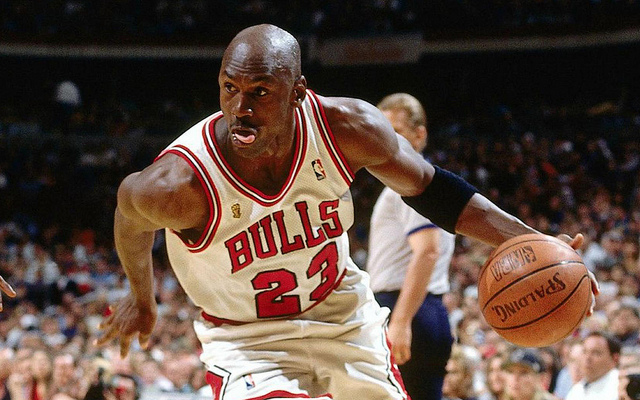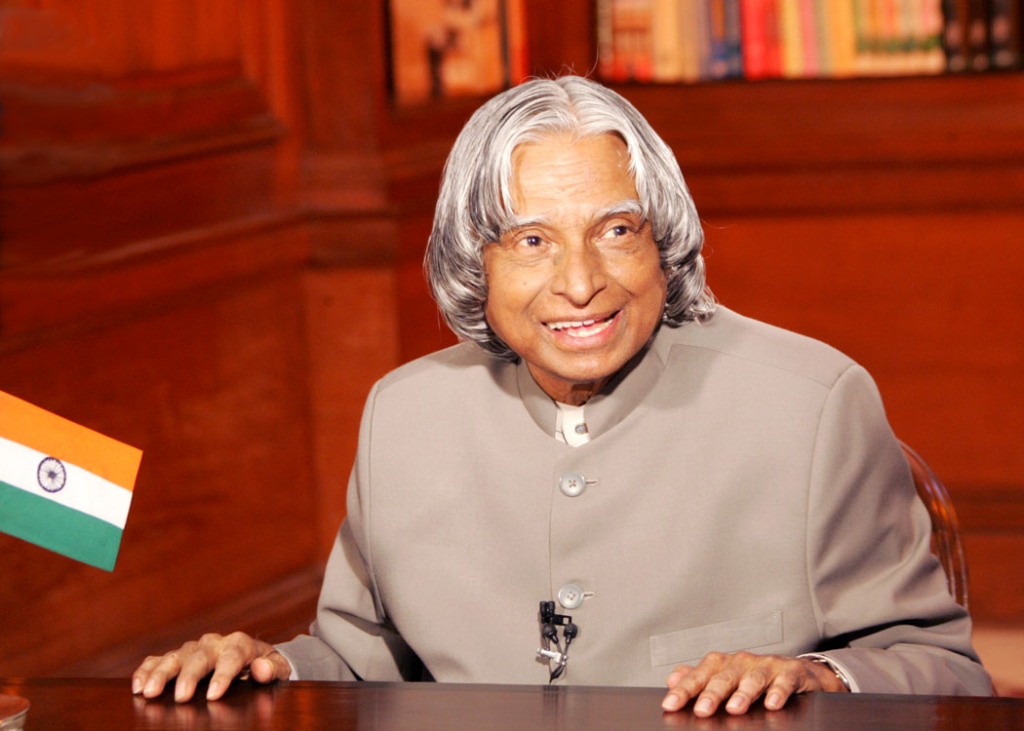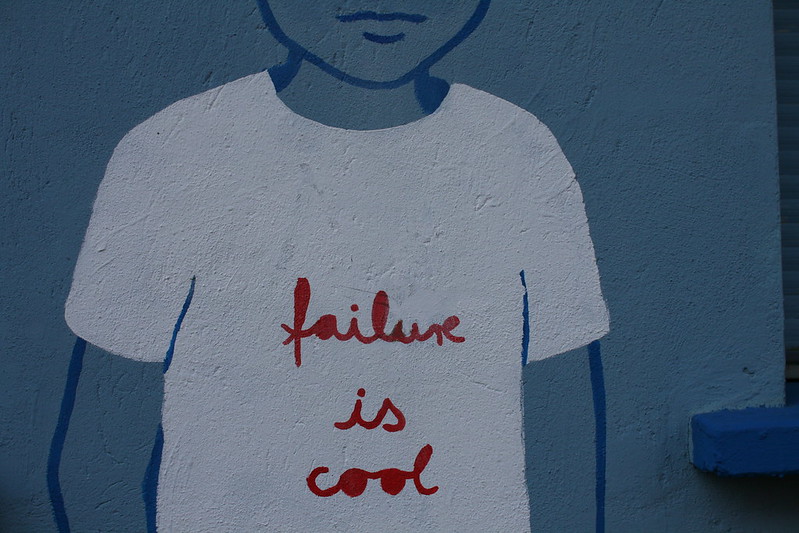
“I’ve missed more than 9,000 shots in my career. I’ve lost almost 300 games. Twenty-six times, I’ve been trusted to take the game winning shot and missed. I’ve failed over and over and over again in my life. And that is why I succeed.”
– Michael Jordan
Recently, I came across a book called ‘Do Epic Shit’ by Ankur Warikoo. I actually bought the book for my younger brother so that he will get exposed to the ideas that Ankur shares with the youth through his online content. The book is a collection of all the online contents that Ankur has created and is organized in order to be consumed through a book and it does the job well. I love Ankur’s idea of playing a ‘book cricket’ with this one. That resonates and connects with the today’s youth on a personal and in a nostalgic way. The book covers 6 major aspects that are obviously Ankur’s key points of discussion in every content namely- Success and Failure, Habits, Awareness, Entrepreneurship, Money and Relationships. All these ideas are communicated with the reader in small bits and chunks of ideas with some good quote-worthy sentences. Overall, the book is designed to be not too complicated yet covers the most complicated subjects our young generation faces. Trust me, sometimes for the most confused and most energetic young people even though the things are too much apparent but it takes one experienced opinion to enforce that learning in this age of complete confusion.

Dedicated to all the failures and the roadblocks I faced in life. We rarely wish for them, but upon reflection I realize they are the reason I am here today.
– Ankur Warikoo, DO EPIC SHIT
I will be discussing my most favorite part of this book. The part is ‘My failure résumé’. This part contains all the ways Ankur has failed in his life.
The résumé opens with dream of every Indian science student and apparently his/her parents called “getting in to an IIT”. Ankur’s father crying and the expectations of eradicating his financial ‘miseries’ through IIT for his son is an uncanny depiction of every middle-class parent. Ankur not asking his father the reason for his crying is nerve chilling enough to explain the complexity of emotions and the feeling of dreams crushing into nothingness as experienced by almost every typical Indian parent.
The urge to join IIT in masters even shows that there is that feeling, that guilt, that worthlessness of not getting into an IIT which becomes tied with the youth. They just want to calm this part of themselves by at least getting Masters from IIT where too Ankur failed. Being unable to answer in front of the great maestro Dr. H C Verma is the level of failure nobody could empathize with.
Event after getting somehow into PhD abroad, dropping out of it is a huge NO-NO. The first thing the whole world will be ready and equipped with is all the ways to call you a failure and bring you down. Ankur went through it.
Later on, Ankur shows his epic failures in his Consultancy jobs, Entrepreneurial ventures. The failures are on the level of management where your decisions will be affecting people, their lives, organization’s assets and most importantly investors. Ankur highlights the levels where he failed namely – delegation, leading from distance, getting the results from others, seeking feedback. Ankur also focuses on his “irrational optimism” while discussing these failures.
The next mistakes, failures are closely related to the mistakes in personal finance and personal relationships. They discuss about how his lifestyle suffered due to his larger expenses compared to his savings. The short but clear enough events of his sister’s wedding and his son’s birthday gift are more than enough to clarify the conditions he was in. Failure to connect with his son, parents, failing to not keep up with the expectations of the investors and colleagues are the worst scenarios everybody wishes not to have faced in their life. Ankur went through them too.
I believe, ‘we’ as a part of society are always going through all sorts of transactions. These transactions are personal, emotional, physical, intellectual, financial. In order to have ourselves a value, we never want to portray ourselves as an overall failure. After all, who going to buy you in these transactions then if you are not that valuable enough ! This value is associated with your success.
Everybody wants to project the good of themselves, the better part of themselves in order to maintain themselves in the everyone’s top priority list. That’s how rude and I would say- ‘practical’ the world is. After all, it is the survival of the fittest. The social media and the way we try to project ourselves and compare our lives with the feeds of others is the exact example of this. Hence, “one failure and you are down forever” is the projection of the world and it is imposed on you right from the moment you become aware of how the world works, when you are young and most of the time your parents’ opinions are a part of it.
Ankur’s résumé of failures invoked one idea in my mind that everybody is always going through her/his own battles and they face these failures too. But what prevents us from learning from them or clinging negatively to them is our acceptance of these failures. Nobody wants to ‘embody’ rather accept how they failed because that is sufficient enough to erase all your ‘transactional value’. We as human being have evolved to be attracted to negative things faster because they will compromise our survival right from the primitive times. In today’s age, these negative things are no longer vicious predators or hunters and the physical scars and physical pain they gave; they are the comparisons, mockery, taunting of the surrounding world which give mental scars and mental pain. It is the same reason, I believe Ankur calls these failures the scars which he wants us to be aware of.
Ankur’s résumé of failures carries the core idea that the more you accept the failures, embody them, bring them into the real world the more you will learn from them. It is like having closure with your failed dreams, aspirations and again gearing up for new and better journey, better goals.
Even though Ankur calls himself lucky, if you go through the list of his failures- he has failed great and in an epic way (meaning he was in literally epic shit!) which made him successful in a great way.
I believe that ‘this’ Failure résumé will remove the stigma of failures from the minds youth and making them more open to try and fail at more and newer things. It is very important for people and especially our younger generation to understand that the failure is the way of life and success rarely comes out of it which needs efforts, internal motivation, skills, consistency and what not. It is important to highlight how successful people failed before they became successful. It is also important to control the glorification of failures too. Otherwise, the main purpose – which is to learn from the failures will be deviated (Glorification of failures is also a thing which should not be promoted)
In single sentence and to be more specific- I want ‘Ankur Warikoo’s Failure résumé’ to be included in the textbooks of every young student in India.

Don’t read success stories, you will only get a message. Read failure stories, you will get some ideas to get success.
– Dr. APJ Abdul Kalam
Featured Image Credit- Nicolas Nova -www.flickr.com

